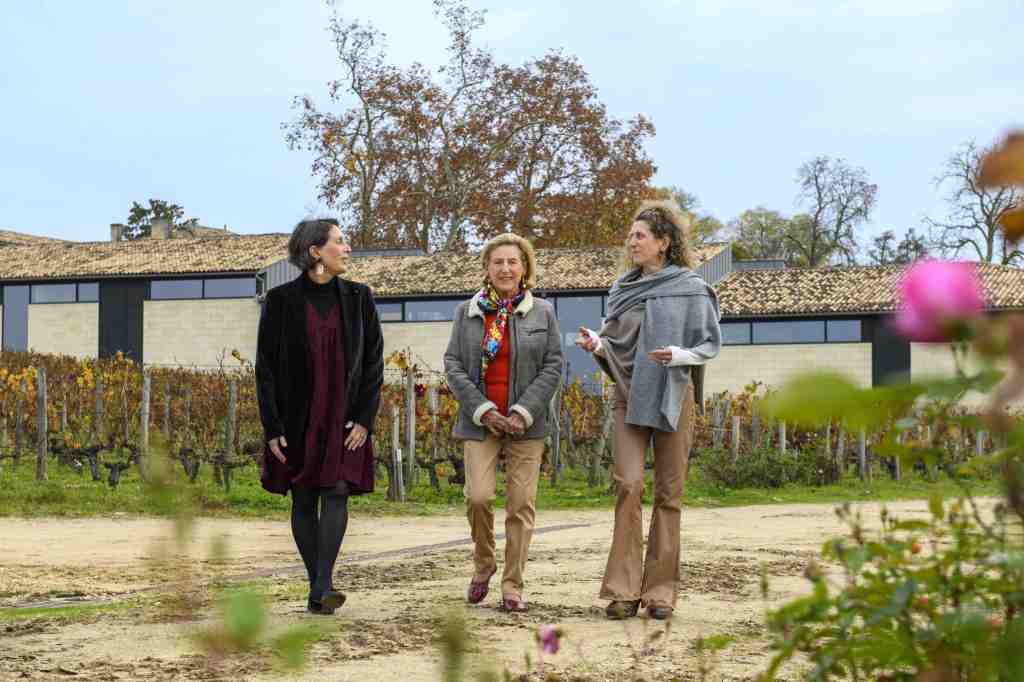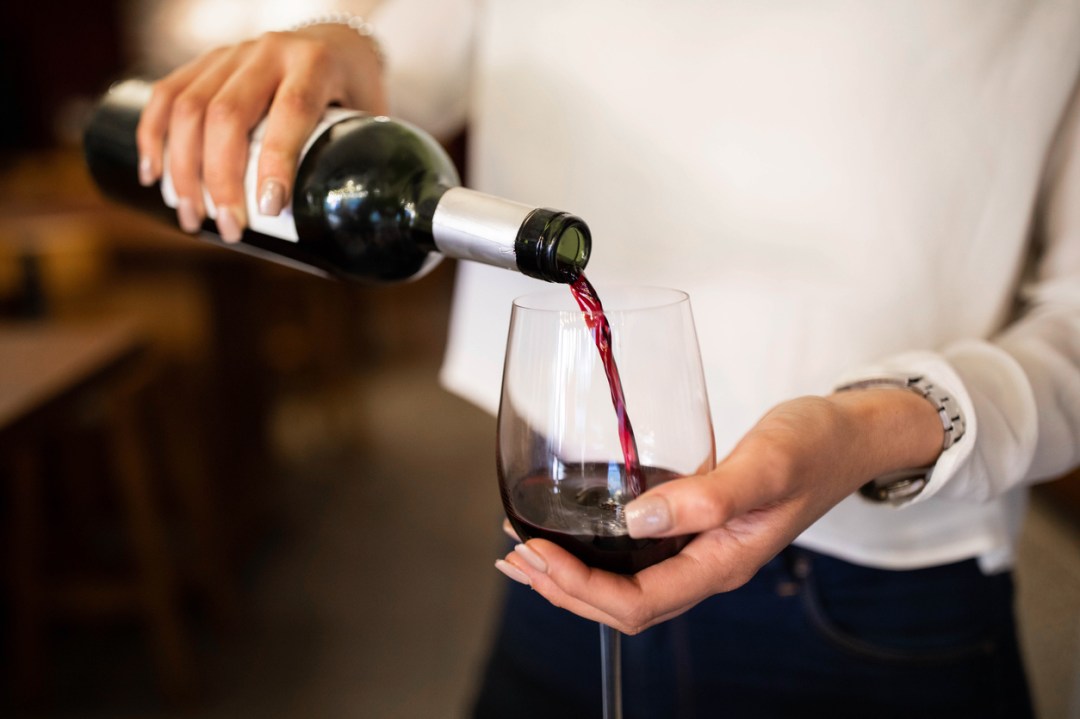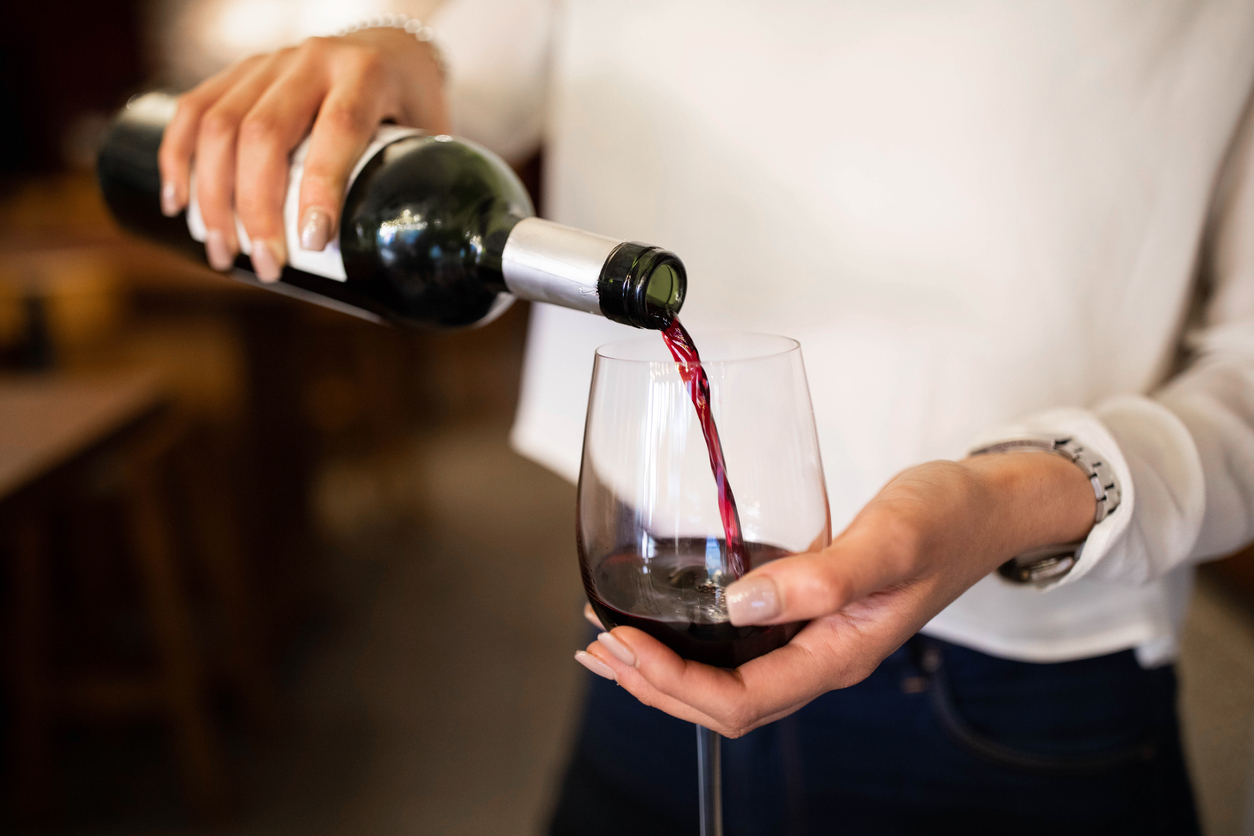Anna, the daughter of friends of mine, is in her final year at university and keen to enter the wine trade. Clearly, she is wise beyond her years because it’s a hugely engaging career. She will never get rich but will always be happy. Oh, and a glass of something tasty will never be far away, and nor will someone congenial with whom to share it.
Wine is made in beautiful places – just think of Bordeaux, the Douro Valley, Western Cape, Yarra Valley, Napa, Piedmont, Mendoza, Central Otago and even the rolling South Downs of Sussex – by delightful people (well, with just the one exception). It’s a warm, friendly and collaborative world to be in.
I’ve tried to introduce Anna to as many different parts of the trade as possible: to people who make wine, import wine, market wine, promote wine, sell wine and write about wine. It was only when I sent the final introductory email that it dawned on me that everybody I had put her in touch with – except one – was a woman.
‘Twenty-five years ago, the wine world was almost exclusively run by men, especially in Bordeaux. It’s exciting to see the changes that have occurred over a relatively short period’
So what, you might ask. So a lot, I’d reply. When I worked at Oddbins as a student – crikey – almost 45 years ago, I had stints in almost a dozen shops but only ever worked with one woman. And, later, when I started at Berry Bros, women were still vastly outnumbered by their pin-striped, male counterparts.
Nicola Arcedeckne-Butler MW, director of buying at Private Cellar – partners in the Spectator Wine Club and, incidentally, a company which boasts a 50 per cent female work force – remembers how, at Corney & Barrow 25 years ago, she was often the only woman at wine tastings or dinners. ‘That would be unthinkable now,’ she says. ‘But back then it worked to my advantage because it usually meant that I would be seated next to the visiting winemaker and able to glean as much knowledge as I could as a result.’
Of course there have been many mighty women in wine, most famously the so-called Champagne widows – Lily Bollinger, Barbe-Nicole Clicquot and Louise Pommery – who after the early deaths of their husbands ran their respective Champagne houses for decades, leading them to even greater heights.
Next week a similarly feted woman in wine will host our Spectator Winemaker Lunch: Blandine de Brier Manoncourt, co-owner of Château Figeac. This estate has recently been promoted to Saint-Emilion Premier Grand Cru Classé A status and the all-female management team of Marie-France Manoncourt (honorary president), Hortense Idoine Manoncourt (president) and Blandine (general secretary) are rightly delighted.

‘Twenty-five years ago, Château Figeac was one of the very few estates to hire a woman to work in winemaking, previously something of a taboo that we helped eradicate,’ says Blandine. ‘Until then, the wine world was almost exclusively run by men, especially in Bordeaux. It’s exciting to see the changes that have occurred over a relatively short period, with women entering every level of the wine industry, from winemaking and viticulture to business management and leadership positions.’
Our previous Spectator Winemaker Lunch featured the wines of another glittering Bordeaux property: Château Léoville-Poyferré. The estate not only has a female managing director in Sara Lecompte Cuvelier but also a female winemaker in Isabelle Davin.
‘When I started out as a winemaker in 2000, it was incredibly rare to see women in similar roles,’ says Isabelle. ‘It has had its difficulties and its rewards, but I’m delighted to see so many more women in these roles today – and very happy to see so many more applications from women who wish to train in this field, meaning that we will have our place for future generations to come.’
Other notable women in wine who have passed through the doors of 22 Old Queen Street include Véronique Drouhin-Boss, head winemaker of Domaine Joseph Drouhin in Burgundy; Katie Jones, ditto of Domaine Jones in the Languedoc; and the wonderful Wendy Outhwaite, co-owner and master blender of Ambriel Sparkling in West Sussex.
And we mustn’t forget the extraordinary May-Éliane de Lencquesaing, one-time Decanter Woman of the Year and still going strong in her late nineties. The former owner of Château Pichon Lalande in Pauillac, Mme de Lencquesaing was already in her seventies when, in 2003, she founded Glenelly, the Stellenbosch estate, the wines of which were beautifully presented in the Spectator boardroom by her grandson, Nicolas Bureau.
And just think of all the great women wine writers! Without the likes of Susie Barrie, Fiona Beckett, Jane McQuitty, Victoria Moore, Jane Parkinson, Margaret Rand, Jancis Robinson and Joanna Simon, to name but a very few, our knowledge about this glorious subject would be so much the poorer.
If you love your vino, join me on International Women’s Day in raising the largest of glasses to all these remarkable, life-enhancing women in wine. Cheers!







Comments